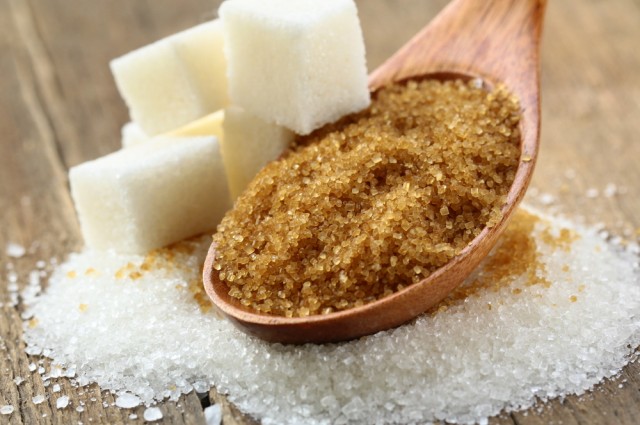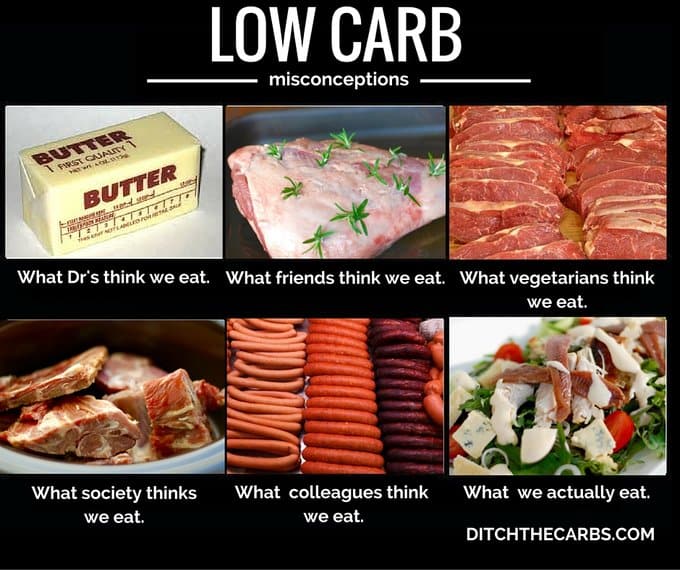This question keeps coming back to me. Teenage years are rarely perfect and you are not going to get their diet right – that’s the reality.
Mums wanting and doing the Low Carbohydrate and Healthy Fat (LCHF) option for their family struggle to feed hungry teenagers and particularly boys. I was one of those teenagers migrating from refrigerator to refrigerator, house to house, carb load to carb load.
I was raised on sugar, carbs and polyunsaturated oils and in retrospect this was a long term disaster – fluctuating weight as a child but lost a lot of that weight as a very active sports ‘teenager’.
I was ‘starving’ all day and eating carbs like no tomorrow – cereals, fruit juice, pasta, rice and ice cream come to mind. I used to knock back, just at home, 4 litres of ice cream every week. I think that massive carbohydrate load had a lot to do with all those pimples (acne) I had growing up. Interesting that acne was virtually unheard of in isolated communities until the introduction of the ‘western’ amount of simple carbohydrates.
What to do now with the knowledge I have now about a NoFructose life decision – LCHF and no polyunsaturated oils.
The first is education and leading by example as a parent. I know that sounds easy but if the whole family are on board rather than just one parent it is easier.
Remember that if you start the day with a sugar and carbohydrate load then your teenager will be hungry through the day and have started the yoyo of blood glucose and insulin responses which tend to drive the hunger response.
Get the breakfast right. Get up early and cook that breakfast. Last night’s leftovers of meat and vegetables with some eggs and of cheese thrown into an omelette is a huge energy dense food start.
We have a flat omelette maker and I can make mine in the time frame of making a cup of tea in the mornings. So for teenagers it’s probably going to be twice the size of my omellette.
Add in plenty of nuts and some seasonal local fruit.
A glass or two of full cream milk is perfect if they are not lactose intolerant. If that is an issue then the Greek yoghurts may be a better option with a few berries. Keep that milk intake available all day and night for those ‘hunger crises’.
‘Super milk’ is a great option – mix full cream milk with full cream. A great sustained energy drink.
Lunch boxes are tricky but look around the nut options (nut allergies seem to be less of an issue in late high schools), cheeses, whole fruit and wraps rather than sandwiches. Look for the wraps with higher fibre content. They are there but require looking at the labels.
You can see that carbohydrates are sneaking in here but so be it – teenagers are an imperfect science.
Afternoon tea is a bit like lunches. Having EASY access to cut up fresh vegetables, cheeses, milk and nuts. These options require a bit of preparation but that’s why we have refrigerators.
Dinner is back to normal LCHF and in our house that is generally meat and plenty of vegetables.
We have substituted cauliflower rice for rice and zucchini spirals for pasta. Very little carbohydrate but adds bulk and size to the plate. We have had quite a few teenagers through our home over time and they have survived.
Dessert is no longer a regular part of life. Out come the nuts and cheeses in our house. Our treat is double cream with some seasonal berries and a seed, nut and coconut mix.
Good luck and remember that it is just a phase of life! When they are adults they might just realise that you were wiser than they originally thought. Welcome to parenting.
More Food Tricks at the website.
http://www.nofructose.com/food-ideas/food-tricks/
https://www.facebook.com/393958287365295/photos/a.407869679307489.94446.393958287365295/948952655199186/?type=3








